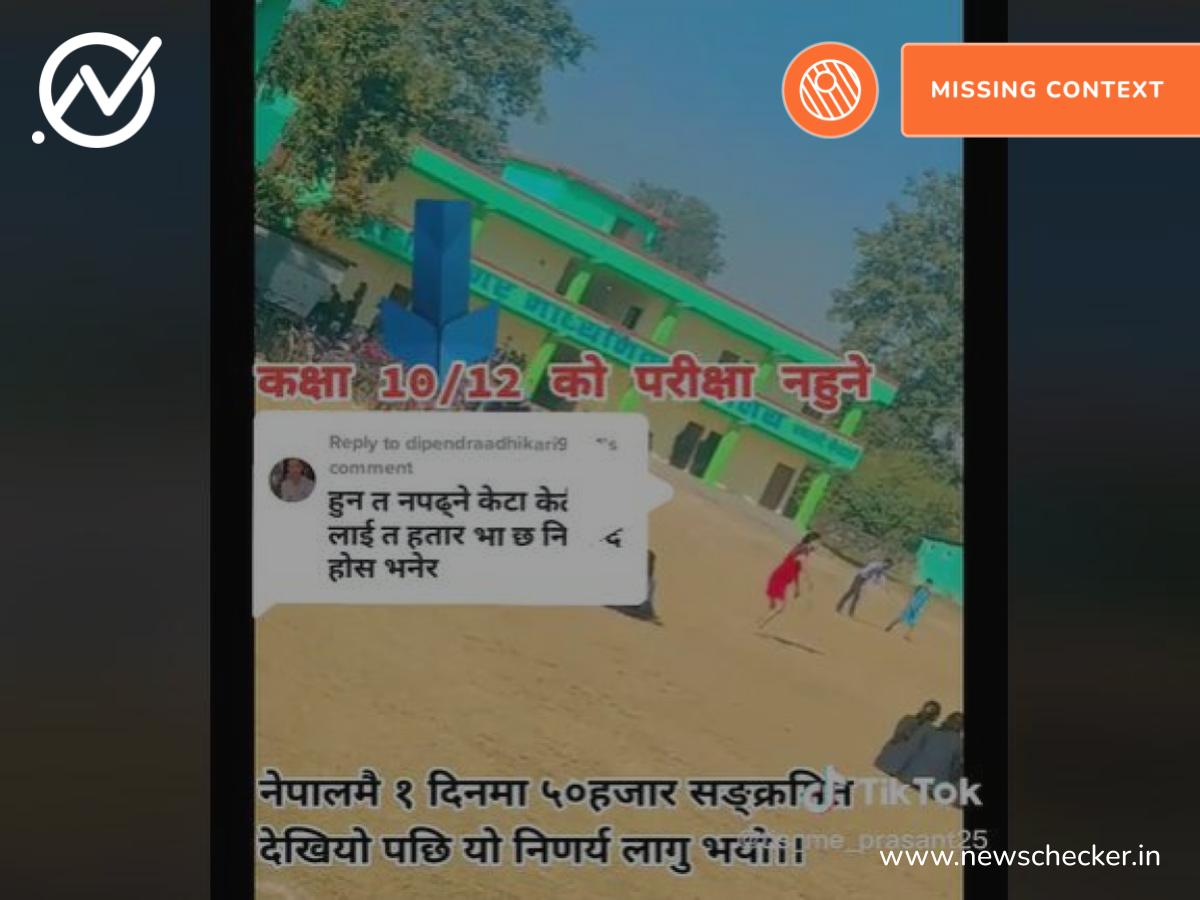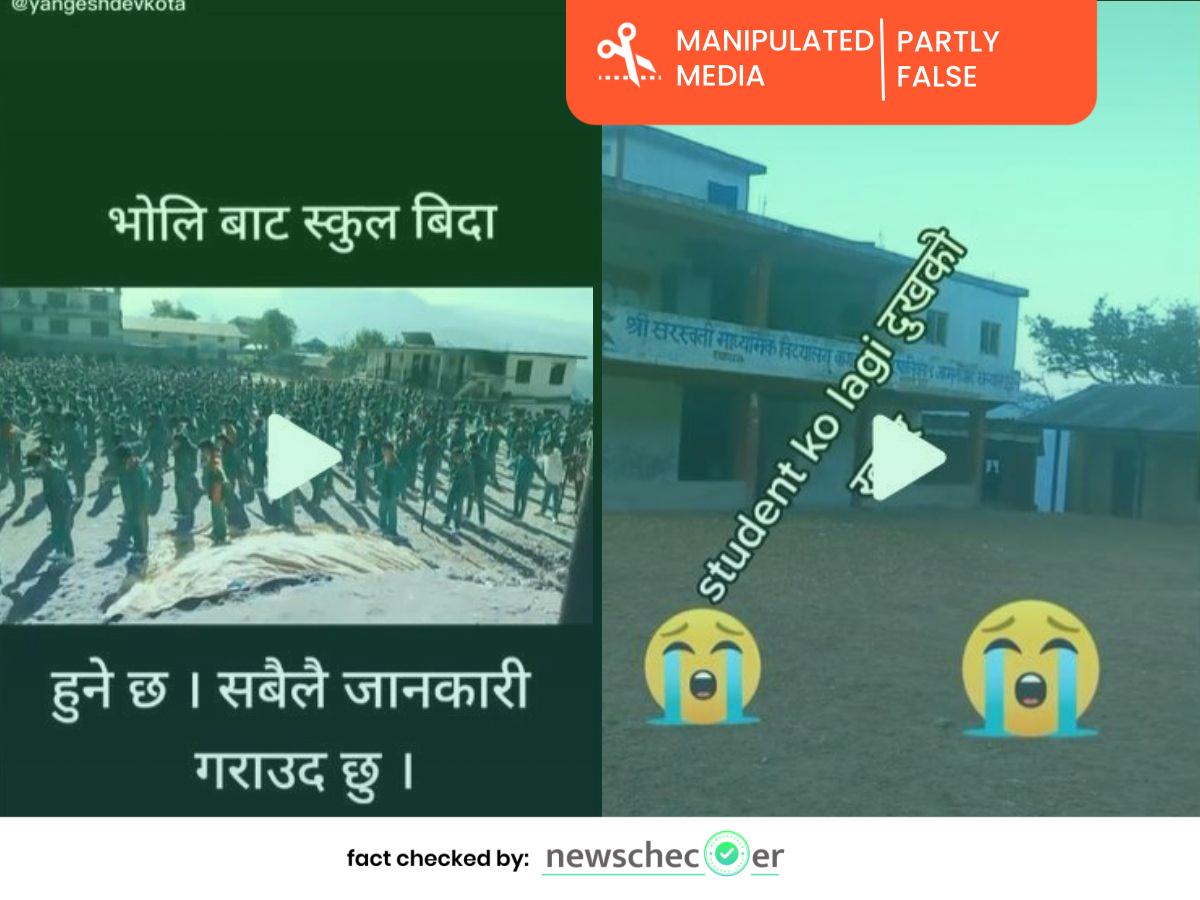With three new confirmed cases of the Delta Plus variant of Sars-CoV-2 in Nepal, health officials in Nepal have sounded an alert, and urged citizens to follow protocols strictly to prevent the spread of the Covid-19.
After declaring over 3,300 new cases and 24 deaths reported on 3 August, the Ministry of Health and Population has already warned of a “possible third wave”, and asked everyone to “prepare for challenges ahead”. However, when exactly should we expect the third wave is something that no official or expert in Nepal can answer with certainty.
Delta Vs Delta Plus Variants
In a statement dated 27 July, Nepal’s Ministry of Health and Population announced that genomic sequencing of 47 samples revealed 3 cases of the Delta Plus variant (6% of total samples sequences) and 44 of the Delta Variant (94% of samples sequenced).

Concerns over ‘Delta Plus’
The B.1.617.2 mutation, called the Delta variant, is a highly transmissible version of the coronavirus. Now, some scientists fear that with an extra mutation in the spike protein, the newer Delta Plus variant (also called AY.1 or B.1.617.2.1) could potentially be even more transmissible.
The World Health Organization (W.H.O.) has declared both of them as variants of concern, which means that not only is it more contagious, it causes more severe disease and that vaccines could also potentially be less effective against it.
While the Alpha variant of coronavirus dominated the first wave of Covid-19 that hit Nepal during September-October 2020, the Ministry says that both the Delta & Delta Plus variants circulated during the second wave that peaked in May.
Nepal witnessed a second wave of infections soon after the highly contagious Delta variant spread in neighbouring India. On May 7, daily positive cases reported crossed 9,000 and 50 people were reported as having died due to Covid-19.
First reported in India in June 2021, the Delta Plus variant has spread to Nepal, Canada, Britain, Japan, Poland, Portugal, Russia, Switzerland, Turkey and the United States.

Also Read: Will Third Wave of Covid Put ‘Children At Higher Risk’?
Should We Be Concerned?

Although some scientists fear that the mutation could make it more transmissible and could well be a variant of concern, others say more data is needed to prove that it’s more infectious than other variants.
Speaking with Newschecker, Dr Sher Bahadur Pun, Chief of Clinical Research at Kathmandu’s top Covid hospital, said that “more data is needed to ascertain how contagious the Delta Plus variant is”. However, he also added that based on available data, he feels that “Delta plus transmissions are not rising and seem to be falling.”
Nepal’s Ministry of Health says all the variants found in Nepal are highly transmissible and can affect people of all ages, including children. Although Covid vaccines can prevent severe disease, as of 3 August, 2021, only 4.2 million people have got first dose and only 2 million people have got both doses of the vaccine.
Conclusion:
With new variants like “Delta Plus” circulating in the country, concerns as to whether vaccines could help fight them or not remain. Even so, studies are reportedly continuing globally to find out if vaccines work against mutations like “Delta Plus”.
So, as medical experts caution, people must remain cautious about new variants and mutations and should continue to follow Covid safety protocols such as social distancing, proper use of mask and sanitisers.
Our Sources:
WHO: https://www.who.int/en/activities/tracking-SARS-CoV-2-variants/
BBC: https://www.bbc.com/news/world-asia-india-57564560
If you would like us to fact check a claim, give feedback or lodge a complaint, email us at checkthis@newschecker.co You can also visit the Contact Us page and fill the form.






